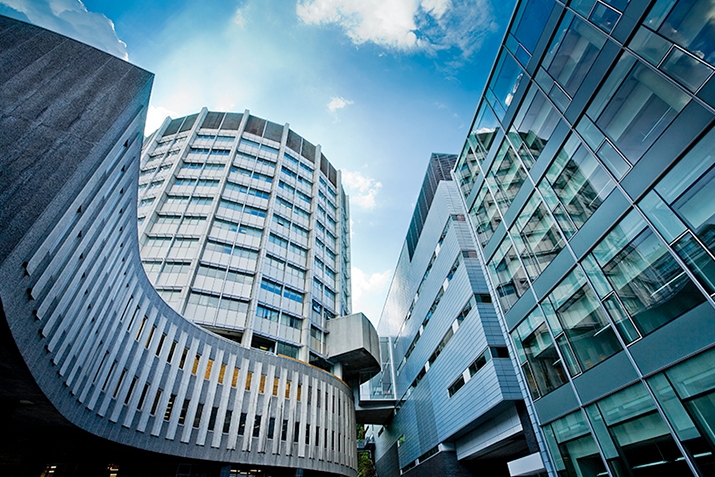
As McGill staff and students made their way home on Friday March 13th, 2020, administrators were dealing with a flurry of last-minute cancellations for in-person events, including a workshop for Telemachus Scholars, due to take place on Monday March 16th. Aptly titled ‘Transitions’, the workshop offered junior and more senior faculty taking part in this unique 2-year peer mentorship program an opportunity to reflect on their career development, exchange about next steps, and practice their negotiating skills.
A few days later, the Telemachus Scholars gathered for the first time on Zoom. Researchers and teaching faculty, newly confined to their homes, unable to enter their labs and workspaces, and separated from colleagues and students; and clinical faculty, facing an uncertain, indefinite and potentially hazardous clinical environment, recognized the particular importance of peer support in this moment. The steering committee asked themselves how the Telemachus peer mentorship formula could be offered more widely, and came up with a new initiative, ‘Faculty Helping Faculty’.
Drawing on current and past Telemachus Scholars for their help as organizers and moderators, weekly online drop-in sessions were quickly implemented. Faculty from across departments were invited to gather informally online to share experiences, and brainstorm ideas in breakout groups on topics such as: conducting research without data, supporting students in crisis, delivering teaching online, the challenges of working from home, and ramping up.
Since then, almost 370 faculty have attended at least one Faculty Helping Faculty session, many returning regularly. When asked in a survey what they appreciated most, common themes emerged around the importance of sharing concerns in a safe space, feeling heard, exchanging strategies and tips with colleagues, and feeling a sense of community:
“It was important to feel that we shared some of the same concerns and to hear what others had to suggest. Gave a good sense of being part of the community. Much more than I have ever experienced over the last 28 years!”
“Offered refreshing and helpful strategies.”
“Breakout groups made the presentations much more engaging which is critical since I’m on zoom calls 4-5 hours a day already.”
“This gave me the opportunity to exchange with colleagues who I only knew by name and not very well. Being located outside the campus, this was a great opportunity that I enjoyed very much.”
“I have seen more colleagues (known and new) in several FHF sessions than in years! :-)”
In September 2020, as we geared up for the “new normal”, a biweekly series of ‘Faculty Helping Faculty’ launched with a series of topics selected based on community input including: ‘Academics as activists’, ‘Equity, Diversity and Inclusion’, and ‘Making difficult conversations easier’. Summaries of the discussions, and videos of the sessions are posted for those not able to attend. You can register for ‘Faculty Helping Faculty’ and find out more about this initiative by visiting the Academic Affairs website on https://www.mcgill.ca/medicine-academic/about/faculty-helping-faculty
Any faculty member in the Faculty of Medicine and Health Sciences is welcome to join upcoming sessions.
The Telemachus Scholars Program is an innovative peer mentoring initiative in the Faculty of Medicine and Health Sciences, offered in an intensive two-year mix of small group discussions and workshops. This is a co-production of the Academic Affairs Team and the Faculty Development Office. To find out more about this program and how you can register for the next cohort, which will launch in early 2021, please write to academicaffairs.med [at] mcgill.ca (). You can read about this program here.